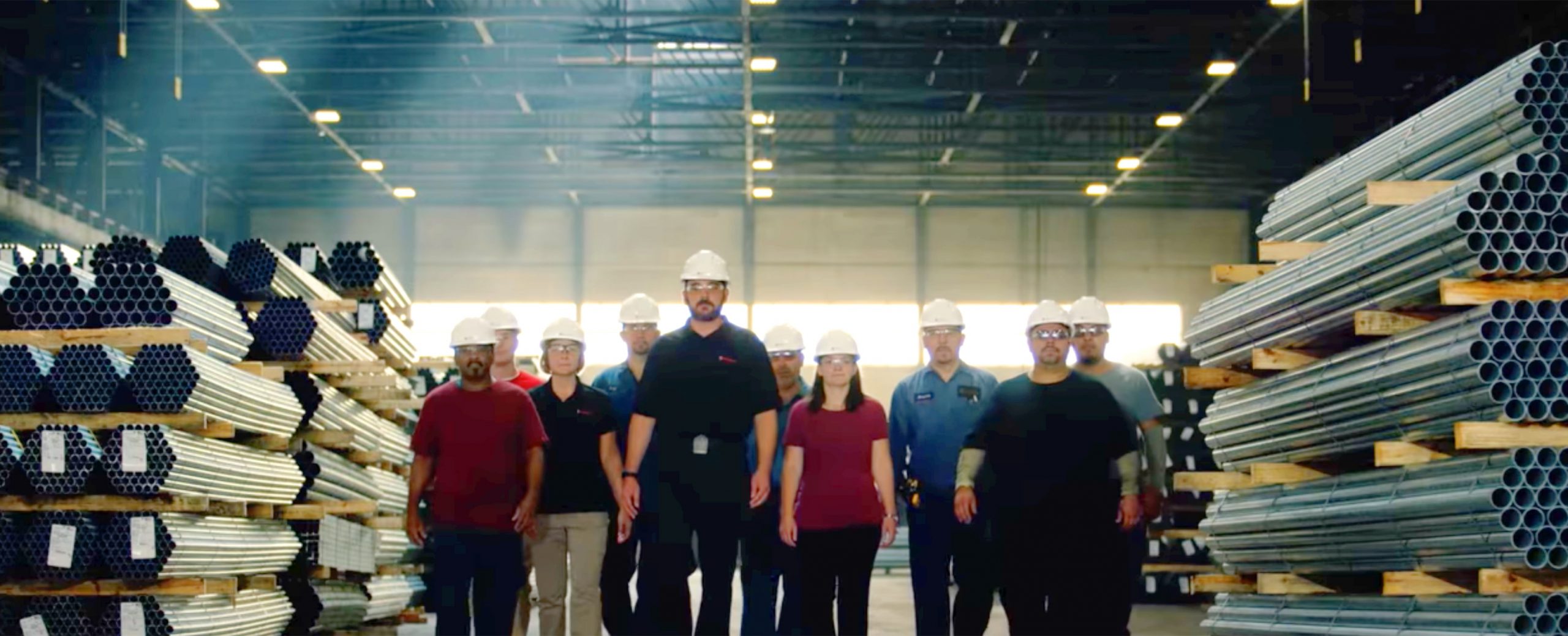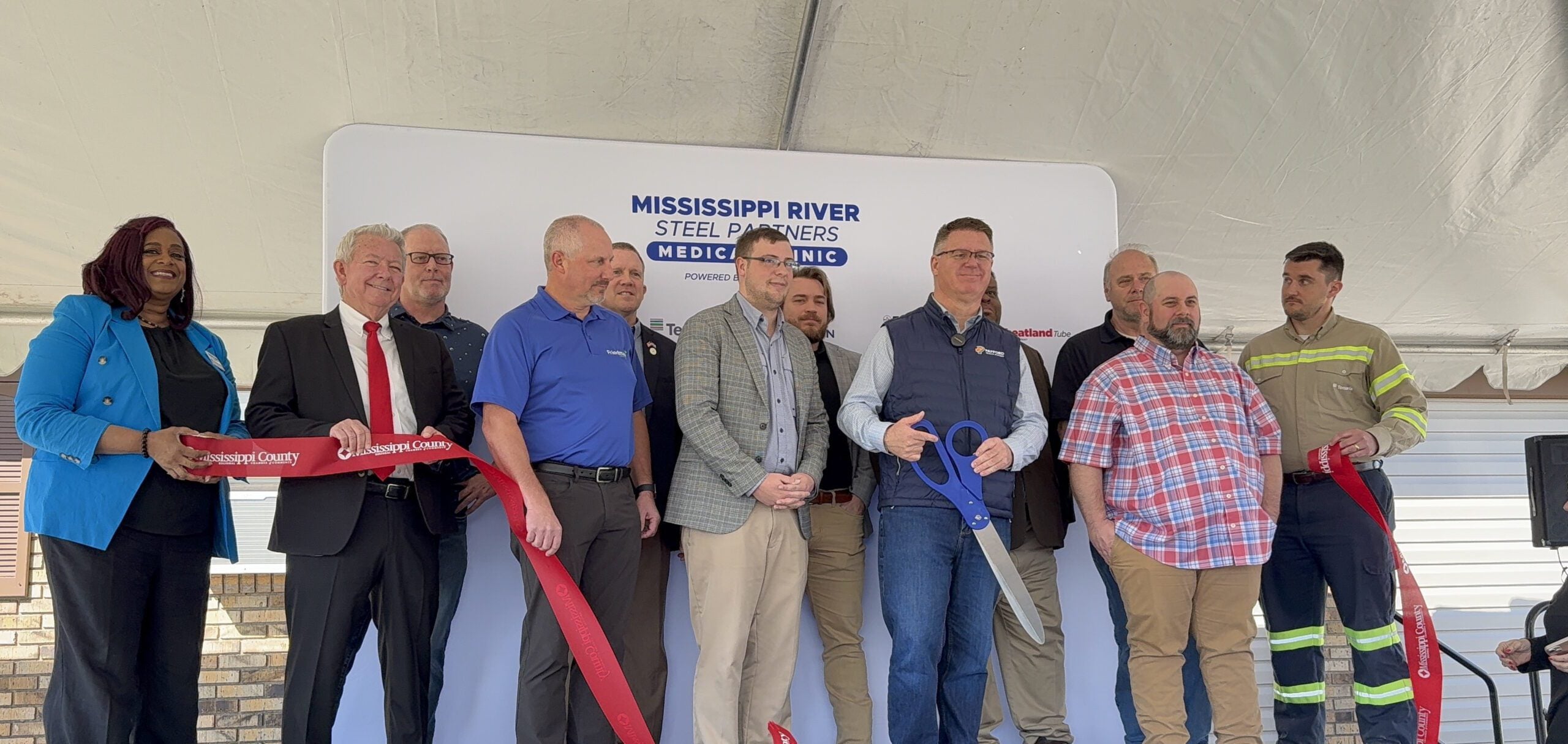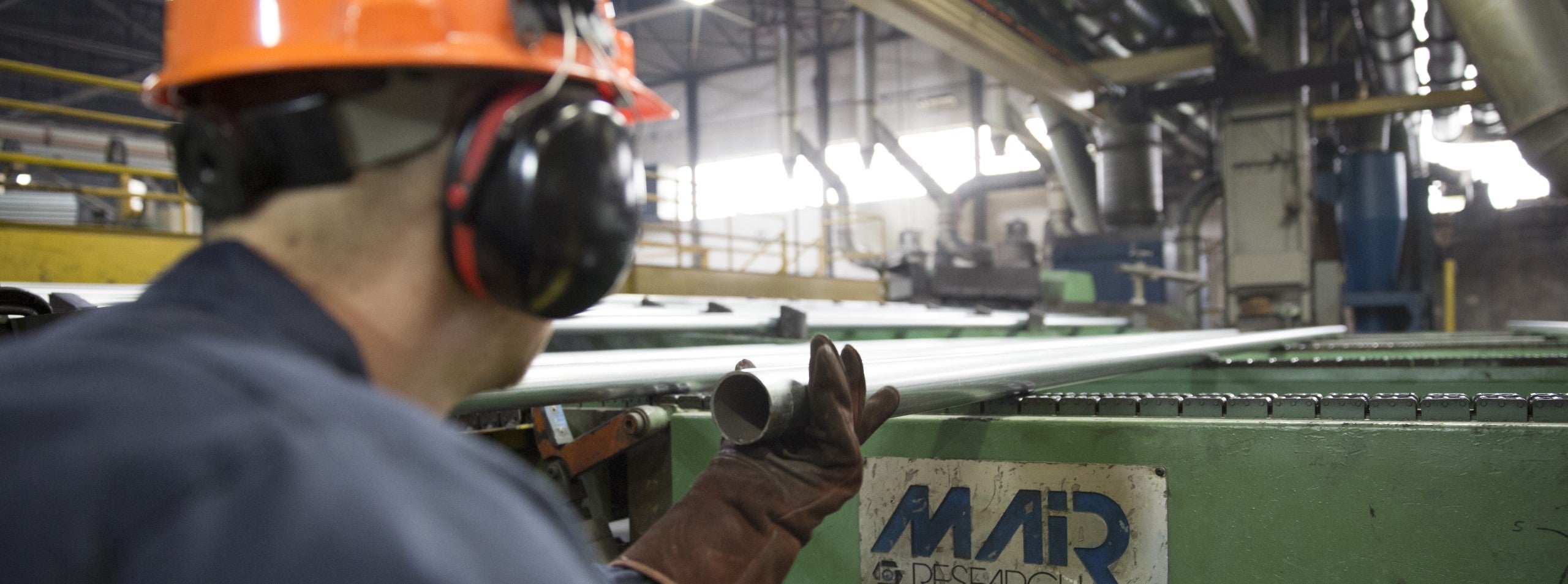4 Ways Chicago Companies Can Create a STEM Workforce for Tomorrow
For quite some time, STEM (science, technology, engineering and mathematics) has been a popular conversation throughout various industries, businesses, government programs and educators. Although some believe the focus on STEM is excessive lately, at JMC Steel Group, we know how important STEM education is to our future as a company. This is one of the many reasons we are dedicated to helping create a STEM workforce for tomorrow.
While much of this stems (no pun intended) from educating students about the many opportunities in science, technology, engineering and mathematics, there’s a lot to be said about STEM industries and companies getting more involved. After all, we’re the ones who will need these students in the future to sustain our organizations.
In hopes of encouraging more Chicago companies to invest in our future as a manufacturing hub and flourishing city, here are four ways you can help create a STEM workforce for tomorrow.
1. Reach out to local schools and universities
Tomorrow’s STEM workforce consists of the young men and women currently attending school; this includes elementary, middle and high school students, as well as college and university students. Although not every student is going to be interested in pursuing STEM careers, there are many who don’t even know what types of jobs and opportunities are available to them.
By getting in on the ground floor and igniting interest in various opportunities within your industry, you can help increase the amount of students who will come out of school ready to work.
For example, we recently partnered with the Daley College of Chicago to help educated the students about available opportunities within the manufacturing sector. Since the beginning of our partnership with the “College to Careers” program in April of 2014, we have hired two students to work at our local Chicago facilities. Not only have we hired these individuals, but we are confident that through our partnership, the students were (and future students will be) able to gain the knowledge and experience to excel within our organization.
2. Offer internships for high school and university students
Whether you’re new to the workforce or have been working for decades, you know experience is vital when looking for a job. Just try getting a job without any relevant experience; I’m inclined to think it’s near impossible – but hey, there are always exceptions.
This is where internships come into play. Internships aren’t only a great way to educate students about the various opportunities within an organization; they also provide valuable hands-on experiences you can’t learn from a textbook.
While internship positions will likely differ between high school and college/university students, the most important aspect of both is exposure. Exposing individuals to the work environment and company culture will help them decide what’s right for their future.
High school internships, which we think of as early intervention programs, should introduce the student to the available opportunities within the industry, as well as the areas of education needed to pursue a career in that field.
For example, in the steel tube and pipe industry, a high school intern should learn about the various careers that are available in the manufacturing industry, including skilled labor, engineering (electrical, mechanical, civil, industrial, etc.), customer service, finance, marketing, human resources, quality control, and sales to name a few.
By opening their eyes to the many possibilities within the sector, we not only provide a different type of education, but we also give them the opportunity to figure out if and where they see themselves in the future. This may also help them decide what they want to study after high school – in college or at a trade school.
Where high school internships should be more about informational exposure, college/university internships should be all about hands on experience. Each individual’s level of education may determine just how hands on each individual will be, but internships at this level should give them a clear idea and actual experience of what they will be doing on the job.
At JMC, our headquarter internship positions have been in logistics, marketing and human resources. Additionally, we have had interns at our plants working as HR, engineering, environmental/lab, customer service, and administrative interns. For us, interns are a great source for filling full time positions. In fact, much of our upper management team began as interns in our plants.
3. Host events to increase awareness about your company and industry
According to the US Bureau of Labor Statistics, Chicago had an unemployment rate of 7.4% in August. Based on the 2014 census, that’s about 201,189 people who need jobs. And that doesn’t even count those interested in relocating to Chicago.
In addition to unemployed individuals, recent graduates and currently employed individuals are always looking for new opportunities. That’s one reason why hosting events such as networking events, seminars, round table discussions and even continuing education programs are great ways to drive awareness about your industry and your company.
These are also excellent ways to get a group of industry thought leaders in one room. In the manufacturing industry, having these minds together give us a chance to brainstorm and discuss ways to get the younger generations interested in careers in manufacturing.
Events like the ones mentioned above can also help us gain valuable insight into what people really think about manufacturing (or any other industry), and what we need to do to make it more appealing to the future workforce of America.
4. Sponsor events that focus on educating students about available workforce opportunities
Similar to hosting events for professionals, whether you sponsor or participate in events for kids in school, it’s important to help educate students about the many prospects out there.
Foster an interest in your industry by showing students what they can do with different degrees and education programs. For example, one of our scientists, Dr. Michael Ziegler, presented to a group of students at the Museum of Science and Industry, Chicago in October about how his love for science turned into a career.
Another educational event, which we offer to students each year, is our DFI/PDCA Student Day at Atlas Tube here in Chicago. Geared towards engineering students, students learn about the structural steel products they could work with during their future careers. Our next Student Day will be held on Tuesday, February 24, 2015. If you’re interested in learning more about this event, please contact Chris Ragan at Chris.Ragan@atlastube.com.
Creating a STEM Workforce for Tomorrow
As a company headquartered in Chicago, we feel personally responsible for helping create the workforce of tomorrow. Science, technology, engineering and mathematics are all integral parts of our business, as well as the manufacturing industry. We want to see this sector continue to thrive, and that’s why we are investing in creating a STEM workforce for tomorrow.
We will continue to make it our mission to help attract more individuals to manufacturing and other industries in Chicago. And we believe that this begins with engaging individuals at various levels of education – from elementary school to high school, college and beyond.
What are you doing to help create a STEM workforce for the future? Share your thoughts and ideas with us in the comments below.

There’s nothing better than building something you believe in.
Zekelman companies are in constant motion, expanding our teams and challenging convention.
"*" indicates required fields




